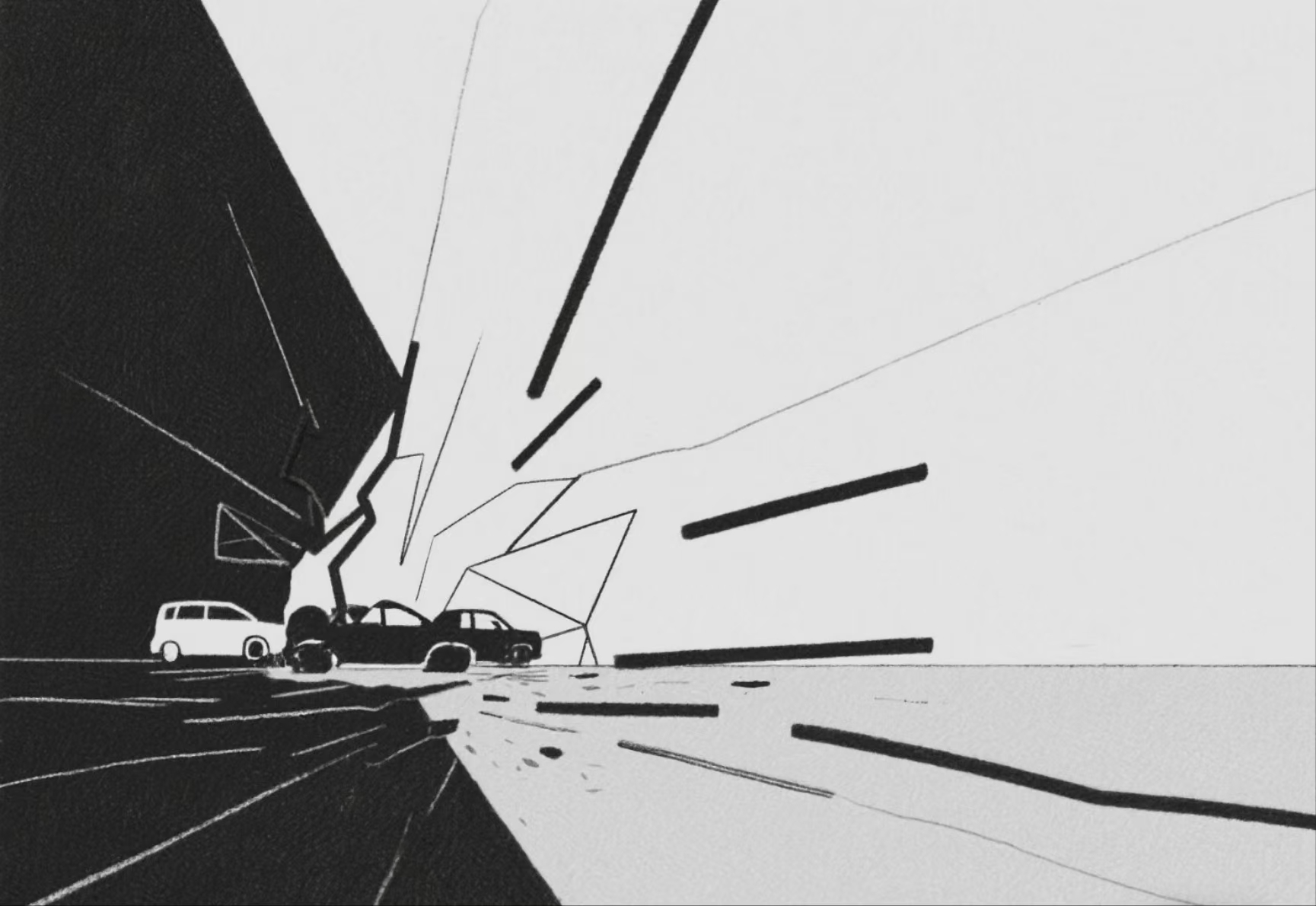Car accidents are unfortunate events that can lead to significant physical, emotional, and financial consequences. Understanding car accident law is crucial for anyone involved in such incidents, whether as a victim, a witness, or even the at-fault party. This article will provide a detailed overview of the legal aspects surrounding car accidents, including liability, compensation, and the steps to take after an accident.One of the most critical aspects of car accident law is determining liability. Liability refers to legal responsibility for the accident and the resulting damages. In most cases, liability is determined based on negligence. Negligence occurs when a driver fails to exercise reasonable care, leading to an accident. Factors such as speeding, distracted driving, or driving under the influence can establish negligence.
- Proving Negligence: To prove negligence, the victim must demonstrate that the other driver owed a duty of care, breached that duty, and caused the accident and resulting damages.
- Comparative Negligence: Some states follow comparative negligence rules, where the victim’s compensation may be reduced if they are partially at fault.
- No-Fault States: In no-fault states, each driver’s insurance covers their own damages, regardless of who caused the accident.
After a car accident, it is essential to take specific steps to protect your legal rights. Here’s what you should do:
- Check for Injuries: Ensure everyone involved is safe and call emergency services if necessary.
- Report the Accident: Contact the police to file an official report, which can be vital for insurance and legal claims.
- Gather Evidence: Take photos of the scene, collect witness statements, and note down details like weather conditions and traffic signals.
- Seek Medical Attention: Even if injuries seem minor, a medical evaluation can document injuries for future claims.
- Notify Your Insurance Company: Report the accident to your insurer promptly, but avoid admitting fault.

Compensation is another critical component of car accident law. Victims may be entitled to various types of damages, including:
- Medical Expenses: Coverage for hospital bills, surgeries, medications, and rehabilitation.
- Lost Wages: Compensation for income lost due to the accident and recovery time.
- Pain and Suffering: Monetary awards for physical pain and emotional distress.
- Property Damage: Reimbursement for repairs or replacement of your vehicle and other damaged property.
Navigating the legal process after a car accident can be overwhelming. Hiring an experienced personal injury attorney can significantly improve your chances of securing fair compensation. An attorney can help by:
- Investigating the Accident: Gathering evidence to build a strong case.
- Negotiating with Insurance Companies: Ensuring you receive a fair settlement.
- Representing You in Court: If a settlement cannot be reached, your attorney can advocate for you in court.
Statutes of limitations are another important aspect of car accident law. These laws set deadlines for filing a lawsuit after an accident. The time frame varies by state but typically ranges from one to six years. Failing to file within this period can result in losing your right to compensation.In conclusion, understanding car accident law is essential for protecting your rights and securing the compensation you deserve. By knowing the basics of liability, the steps to take after an accident, and the types of compensation available, you can navigate the legal process more effectively. If you find yourself involved in a car accident, consider consulting a qualified attorney to guide you through the complexities of the law.

